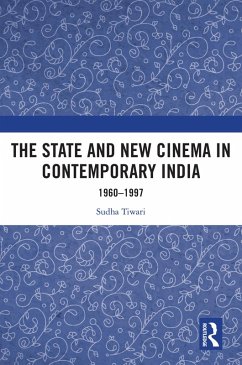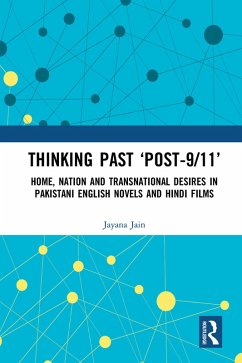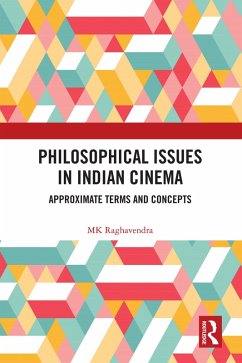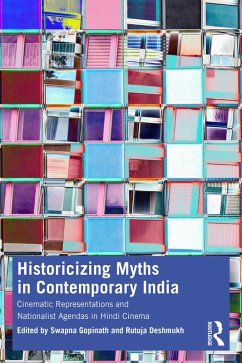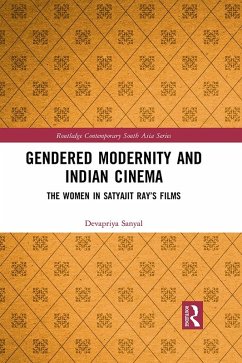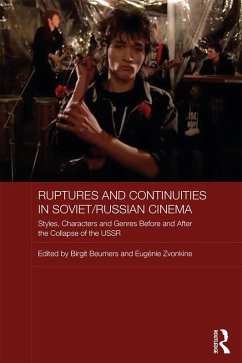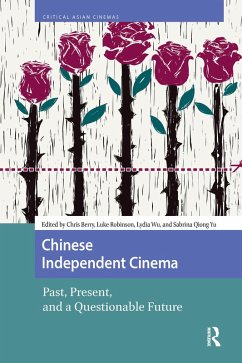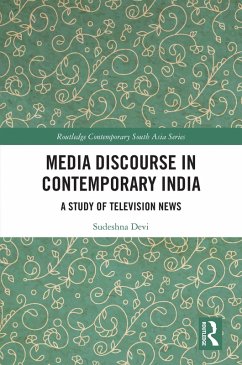
The State and New Cinema in Contemporary India (eBook, PDF)
1960-1997
Versandkostenfrei!
Sofort per Download lieferbar
39,95 €
inkl. MwSt.
Weitere Ausgaben:

PAYBACK Punkte
20 °P sammeln!
This book examines the relationship between the newly independent Indian state and its New Cinema movement. It looks at state formative practices articulating themselves as cultural policy. It presents an institutional history of the Film Finance Corporation (FFC), later the National Film Development Corporation (NFDC), and their patronage of the New Cinema in India, from the 1960s to the 1990s, bringing into focus an extraordinary but neglected cultural moment in Indian film history and in the history of contemporary India.The chapters not only document the artistic pursuit of cinema, but als...
This book examines the relationship between the newly independent Indian state and its New Cinema movement. It looks at state formative practices articulating themselves as cultural policy. It presents an institutional history of the Film Finance Corporation (FFC), later the National Film Development Corporation (NFDC), and their patronage of the New Cinema in India, from the 1960s to the 1990s, bringing into focus an extraordinary but neglected cultural moment in Indian film history and in the history of contemporary India.
The chapters not only document the artistic pursuit of cinema, but also the emergence of a larger field where the market, political inclinations of the Indian state, and the more complex determinants of culture intersect - how the New Cinema movement faced external challenges from the industrial lobby and politicians, as well as experienced deep rifts from within. It also shows how the Emergency, the Janata Party regime, economic liberalization, and the opening of airwaves all left their impact on the New Cinema.
The volume will be of great interest to scholars and researchers of film studies, politics and public policy, especially cultural policy, media and culture studies, and South Asian studies.
The chapters not only document the artistic pursuit of cinema, but also the emergence of a larger field where the market, political inclinations of the Indian state, and the more complex determinants of culture intersect - how the New Cinema movement faced external challenges from the industrial lobby and politicians, as well as experienced deep rifts from within. It also shows how the Emergency, the Janata Party regime, economic liberalization, and the opening of airwaves all left their impact on the New Cinema.
The volume will be of great interest to scholars and researchers of film studies, politics and public policy, especially cultural policy, media and culture studies, and South Asian studies.
Dieser Download kann aus rechtlichen Gründen nur mit Rechnungsadresse in A, B, BG, CY, CZ, D, DK, EW, E, FIN, F, GR, HR, H, IRL, I, LT, L, LR, M, NL, PL, P, R, S, SLO, SK ausgeliefert werden.




